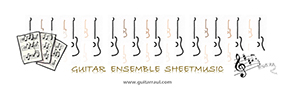The vihuela de mano was the most prominent solo instrument in sixteenth-century Spain. It enjoyed a popularity that extended across a broadsocial spectrum and—much more than has generally
been recognised—was equally familiar to the middle-classes as to royalty and the nobility. For both pleasure and learning, it served court and domestic roles, and generated a substantial repertory of
music of great diversity and character. The present essay does not pretend to summarise all that has been said about the vihuela and its music. It is rather a survey that provides a long-needed reassessment of the vihuela repertory in its social context, and that makes a critical review of its composers and music.





